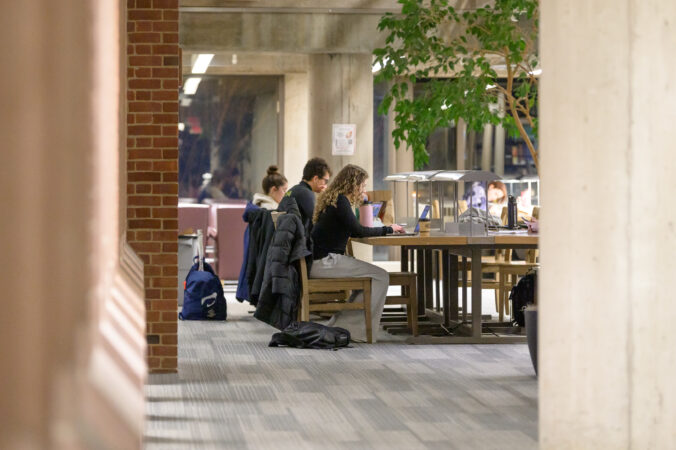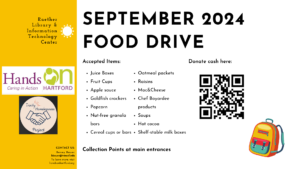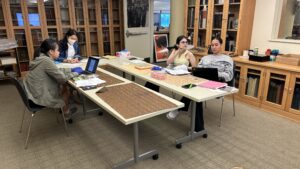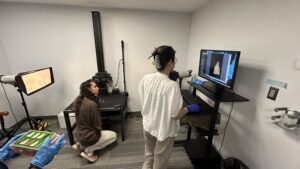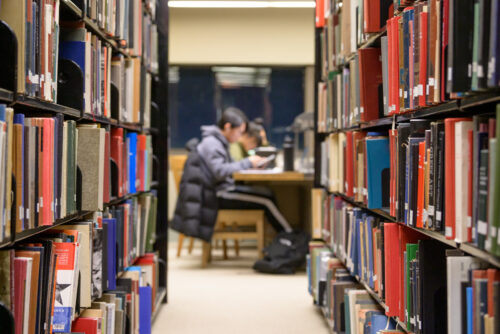The bulk of the library’s collection budget goes towards purchasing perpetual access or maintaining subscription to e-resources of many varieties. But how do librarians decide which new resources to add? There are three main factors that drive our electronic resource acquisition: enhancing the existing collection, proactive selection of resources that relate to Trinity’s unique scholarship needs, and responses to requests of students and faculty for research support.
Streaming video resources are in high demand and when librarians learned that a new set of videos was being offered as an add on to the PBS Video Collection the library already owned we jumped at the opportunity. Experience told us these videos would be well used and a preview of the title list showed they were logical compliments to the videos already in the collection. In addition, this collection is often the only place where PBS releases some videos for streaming, so we knew there would be exclusive content unavailable anywhere else. All these factors told us that the purchase would be a direct enhancement to the library’s existing streaming video offerings.
PolicyMap was a statistical database the library considered in the past, but declined due to content overlap with similar resources like Social Explorer. But when a representative reached out with exciting updates on unique new datasets relevant to urban studies, climate studies, and environmental justice studies, among others, librarians thought it prudent to request a trial to take another look. This new data clearly supported the research needs of several disciplines and this combined with PolicyMap’s more user-friendly interface compared to our other statistical databases convinced the librarians this would be a worthwhile subscription.
It can be said that the most valuable resource helping librarians identify new electronic resources to purchase is the Trinity community itself. This is how librarians learn about some truly unique specialty resources like Human Relations Area Files: World Cultures, an ethnographic database with information on all aspects of cultural and social life for a wide variety of cultures and ethnic groups. Similarly, it was due to a faculty member’s report that librarians learned a previously open access journal incredibly important to ethnographic theory in anthropology, HAU: Journal of Ethnographic Theory, was placed behind a paywall and a subscription was duly purchased. Just as librarians are an irreplaceable resource for students and faculty research projects, students and faculty are also invaluable partners in helping librarians identify relevant and useful resources that fulfill our collection development goal of supporting current scholarship.
